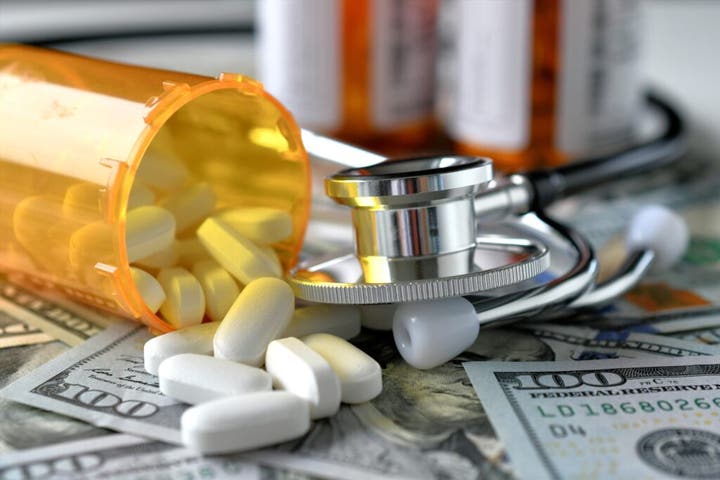
The pharmaceutical industry could face a significant financial hit due to the new trade deal between the U.S. and the European Union (EU), potentially leading to increased drug prices and restricted access.
What Happened: The U.S. is set to impose a 15% tariff on branded drugs imported from Europe, reported Axios. This move could result in billions of dollars in additional expenses for the pharmaceutical companies, potentially leading to increased drug prices and limited access for consumers.
Joe Brusuelas, RSM US’s principal and chief economist, highlighted the potential impact of this decision, stating, “The big picture is: The cost of imported drugs is about to become more expensive for all Americans.”
European countries, especially Ireland, are key suppliers of branded drugs and their components to U.S. pharmaceutical giants such as Pfizer (NYSE:PFE) and Johnson & Johnson (NYSE:JNJ) have established Ireland as a significant manufacturing hub for various drugs, including cancer drugs, insulin, Viagra, and Botox.
The trade deal is still being finalized, and the new tariffs are not expected to cover certain generic drugs, as per European Commission President Ursula von der Leyen‘s recent announcement. However, there is a possibility of even higher tariffs being imposed by President Donald Trump.
SEE ALSO: Trump Administration Weighs ‘Paradigm Shift’ In Patent System To Raise Billions In Revenue: Report
Why It Matters: The pharmaceutical industry has been on edge due to the Trump administration’s proposed 200% tariffs on pharmaceutical imports, which could potentially squeeze profit margins. Pharma giants like Johnson & Johnson and Eli Lilly (NYSE:LLY), are bracing themselves for the new tariffs whenever they are implemented. The timeline for the new tariffs has been extended, providing companies with more time to prepare for the potential financial impact.
However, the full extent of the impact of these tariffs remains uncertain, as the pharmaceutical industry has complex supply chains, making it difficult to predict which companies will be most affected. The ongoing trade negotiations and potential tariffs on drug imports from China and India could further complicate the situation for the industry.
Manufacturers are in a dilemma whether to absorb the significant one-time costs of relocating their production and passing on future higher costs for specific drugs. This decision-making process will likely include negotiations between industry lobbyists and policymakers in Washington.
READ MORE:
Image via Shutterstock
Disclaimer: This content was partially produced with the help of AI tools and was reviewed and published by Benzinga editors.







